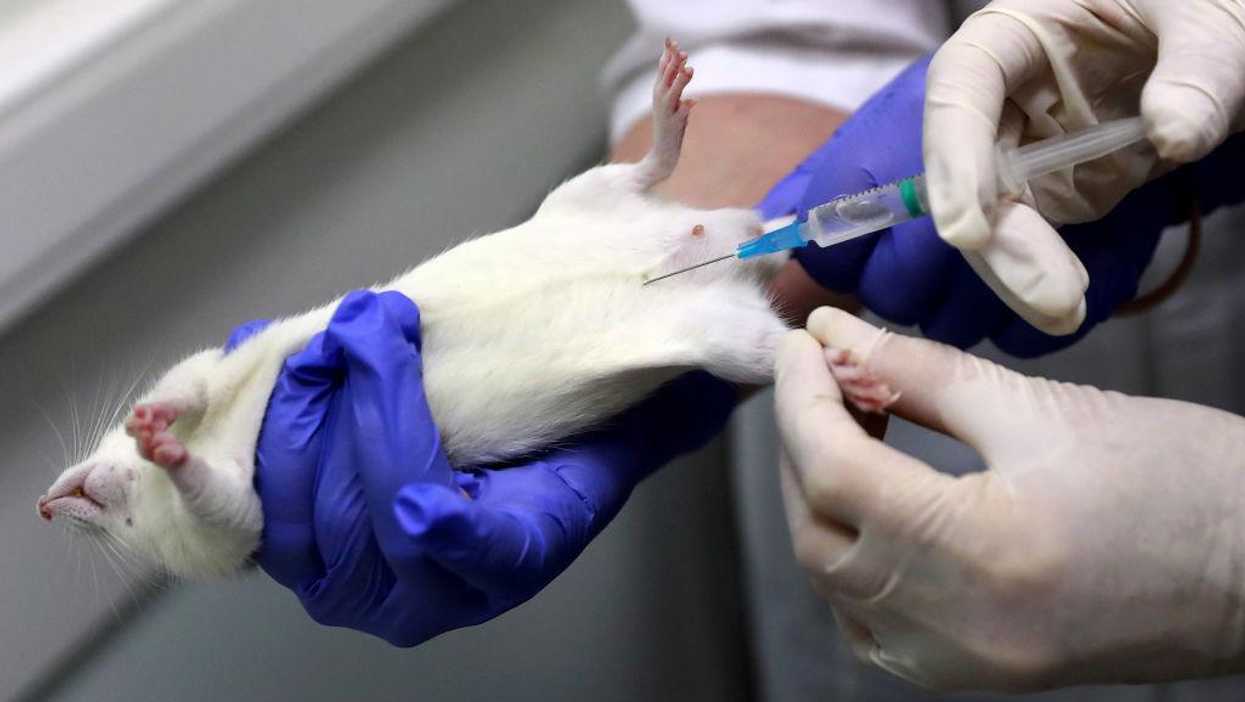
Photo by Sergei Fadeichev\TASS via Getty Images

Eight years ago, a group of scientists began a project attempting to replicate early experiments that had been influential to the development of cancer research.
The research group recreated 50 experiments, the kind of preliminary research that involves test tubes and mice before the stage can be set to develop new cancer drugs.
To the dismay of the scientists, around half of the experiments were unable to be duplicated, according to project findings published on Tuesday.
"The truth is we fool ourselves. Most of what we claim is novel or significant is no such thing,” Dr. Vinay Prasad, an oncologist and researcher at the University of California, San Francisco, told the Associated Press. Prasad was not involved in the experiments.
Marcia McNutt, president of the National Academy of Sciences, told the Associated Press that "there is little incentive" for researchers to share the methods so that the work can be verified by others.
"Researchers lose prestige if their results don’t hold up to scrutiny," she continued.
Scientists associated with the project also told the press that there are "built-in" rewards for researchers to publish the findings, but that these incentives, unfortunately, lead to false hope for cancer patients when they read headlines of a study involving mice that promises a cure "just around the corner."
In a report published Tuesday by the eLife scientific journal, the research group reported that they could not obtain sufficient data for 68% of the experiments conducted.
Among the experiments that were unable to produce satisfactory results was a test that found a particular strain of bacteria in the gut, which was then tied to colon cancer in humans. Another was for a drug that shrank cancer tumors in mice. A third was a study using mice in an attempt to develop a new drug to fight colon cancer.
Researchers attempted to minimize the variations in how they conducted different cancer experiments. However, they were unable to receive assistance from scientists who conducted the original experiments, and so could not answer questions regarding which variety of mice to use how to find certain kinds of engineered cancer cells.
“I wasn’t surprised, but it is concerning that about a third of scientists were not helpful, and, in some cases, were beyond not helpful,” Michael Lauer, deputy director of extramural research at the National Institutes of Health, told the Associated Press.
There does not seem to be much of a breakthrough, according to the study's lack of results. However, the NIH hopes to improve data sharing methods among scientists by "requiring all grant-funded institutions to do so by 2023" to produce better results, Lauer told the AP.